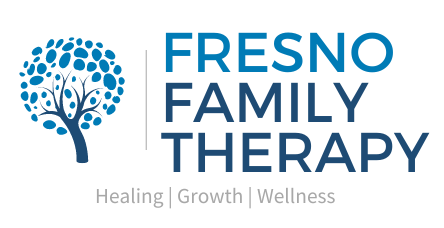The phrase “Let them” embodies the courage and wisdom needed to release oneself from toxic relationships and/or friendships. It is a call to prioritize personal well-being and growth, underscoring the importance of setting boundaries and fostering healthier connections. This document explores the significance of letting go of harmful relationships, the barriers to doing so, and the transformative potential of choosing self-care and emotional freedom. Letting go of toxic relationships is an act of self-preservation. Toxic connections can drain emotional, mental, and even physical energy, hindering personal growth and well-being.
Recognizing when a relationship no longer serves a positive purpose is the first step toward reclaiming one’s peace and happiness. The act of letting go is not an abandonment of others but a commitment to oneself and choosing yourself over another. Toxic relationships often involve patterns of control, manipulation, neglect, or disrespect. These dynamics can manifest friendships, romantic relationships, or even familial bonds. Identifying these patterns that are lacking things such as mutual respect, balanced effort, or that has consistent negativity—is crucial in determining when to step away.
Choosing to Let Go of Toxic Relationships
By choosing to let go of toxic relationships, individuals create space for emotional healing and freedom. Removing oneself from harmful dynamics opens the door to self-reflection, personal growth, and healthier connections. “Let them” is a reminder that sometimes, the greatest act of love is to let go of what no longer aligns with one’s well-being. Establishing and maintaining boundaries is essential when navigating relationships. Healthy boundaries protect one’s emotional space and prevent the recurrence of toxic interactions. They serve as a foundation for fostering balanced and respectful connections in the future.
While letting go is a powerful step and seems like a good idea, it can be accompanied by significant challenges, including:
- Fear of Loneliness: Many hesitate to leave toxic relationships due to the fear of being alone or isolated.
- Guilt and Obligation: Feelings of guilt or a sense of responsibility for the other person’s well-being can function as deterrents.
- Hope for Change: Holding onto the belief that the toxic individual might change often prolongs unhealthy dynamics.
- Grief: while many think of grief linking to some passing, this can also be grief of a relationship or friendship.
Overcoming these barriers requires self-compassion and the acknowledgment that one’s well-being should take precedence.
Prioritizing Self Respect
In a world where social media often amplifies the visibility of relationships, the concept of “letting go” becomes even more relevant. Toxic dynamics can be perpetuated online, making it essential to recognize when to disconnect, both digitally and emotionally, for the sake of one’s well-being.
Prioritizing self-care is central to letting go of toxic relationships. Whether through therapy, mindfulness practices, or supportive communities, self-care provides individuals with the tools needed to heal and move forward.
“Let them” is a mantra of empowerment and self-respect. By releasing toxic relationships and friendships, individuals affirm their commitment to personal growth, emotional health, and happiness. It is a transformative decision that paves the way for healthier connections and a more fulfilling life. Ultimately, letting go is not a loss but a profound gain—the reclaiming of one’s peace and freedom. If fear of loneliness, guilt and obligation, the idea of hoping one will change and the grief of letting the relationship is a difficult thing for you I encourage you to reach out to one of our therapists, make an appointment and allow one of us to help you move through this time of your life.


